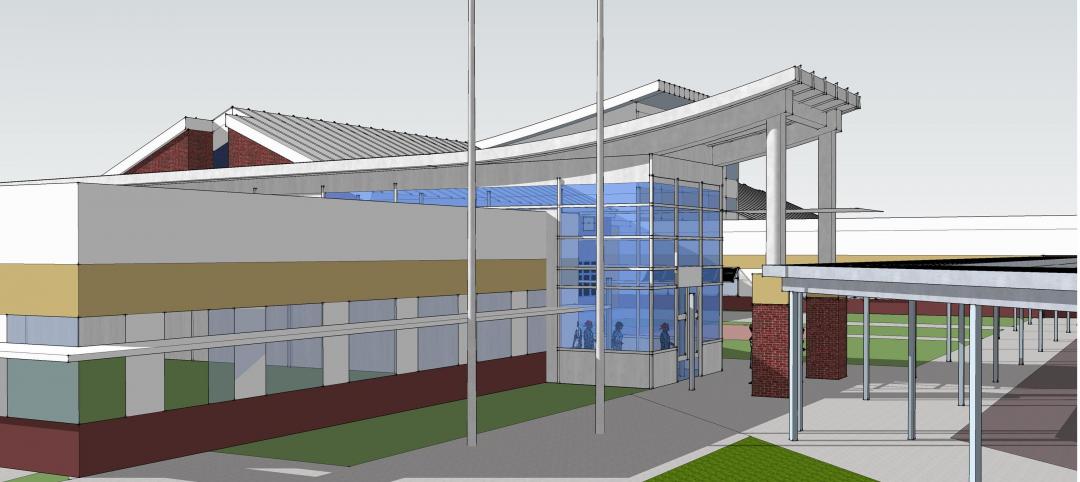The Canada Green Building Council (CaGBC) has opened public registration for Canada’s first Zero Carbon Building (ZCB) Program.
The program provides third-party verification of compliance for zero carbon design and performance. The standard is designed to be broadly applicable across many types of new and existing buildings.
It was created to align with recent and upcoming federal and provincial policies that target net zero performance. CaGBC has been working with 16 Zero Carbon Pilot Projects across the country. This group represents the broad applicability of the standard, with both new and existing projects ranging in size from 20,000 sf to 1.3 million sf located in many parts the country.
Many of the pilot projects are completing the design stage and have found the ZCB Standard key to shaping their design strategies, CaGBC said in a press release. “Although we’ve been proponents and early adopters of high performance and sustainable building features, we recognize that incremental improvement is not moving the dial far enough and that we need a fundamental and transformative shift in how we design, specify, and build-out our projects,” said Kirk Robinson of Delta Land Development, one of the companies working on a pilot project.
Those interested in registering for the CaGBC ZCB Program or in learning more about the standard and its requirements can visit cagbc.org/zerocarbon.
Related Stories
| May 15, 2012
Suffolk selected for Rosenwald Elementary modernization project
The 314-student station elementary school will undergo extensive modernization.
| May 10, 2012
Chapter 6 Energy Codes + Reconstructed Buildings: 2012 and Beyond
Our experts analyze the next generation of energy and green building codes and how they impact reconstruction.
| May 10, 2012
Resilience should be considered a sustainability factor
Since a sustainable building is one you don't have to rebuild, some building sustainability experts believe adding points for "resilience" to storms and earthquakes to the LEED sustainability rating tool makes sense.
| May 10, 2012
University of Michigan research project pushes envelope on green design
A research project underway at the University of Michigan will test the potential of intelligent building envelopes that are capable of monitoring weather, daylight, and occupant use to manage heating, cooling, and lighting.
| May 10, 2012
Fire suppression agents go greener
Environmental sensitivity is helping to drive adoption of new fire suppression agents.
| May 10, 2012
Industry groups urge Congress to leave contracting decisions to agencies
An organization of several industry groups urged Congress to leave many contracting decisions to the discretion of individual agencies by avoiding blanket mandates.
| May 10, 2012
OSHA proposes new rule to have employers find and fix hazards
The Occupational Safety and Health Administration has proposed a new regulation, Injury and Illness Prevention Program, or I2P2, which would compel employers to find and fix safety hazards.
| May 3, 2012
Stay current on green codes at AGC Environmental Conference
Keep abreast of market trends such as 2012 changes to green standards and codes at the AGC Contractors Environmental Conference, June 7-8, 2012 in Arlington, Va.















